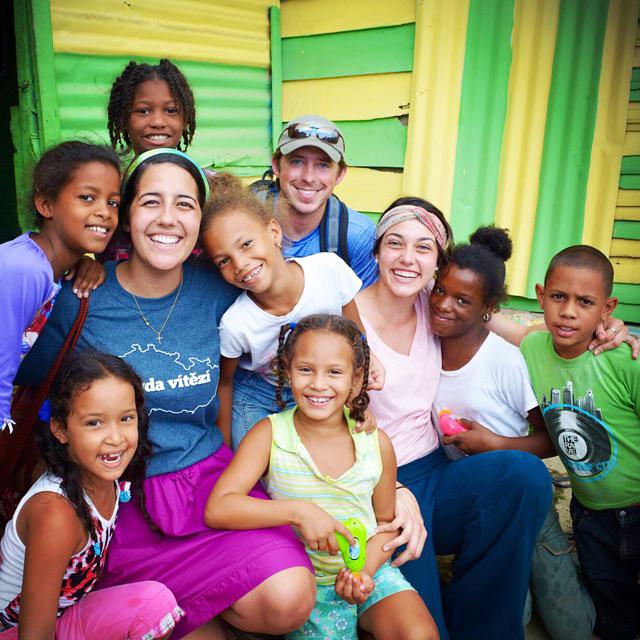“I was going home, and I was waiting for the tap-tap, a little pickup truck … the most common form of public transportation, but there was a huge traffic jam,” said Evenson Laguerre, a junior majoring in finance. “Bart got out of the truck to see what was going on so I went up and … I asked him if I could help him … he was confused and didn’t know what to do.”
Bart Smelley, the founder of non-profit organization Filter of Hope, was in Haiti to distribute water filters. Laguerre, born and raised in Haiti, soon joined him as a translator, having nothing to do after his school was destroyed.
“I stayed with him for about a week showing him around … we would go and just randomly distribute water filters, or I would tell him where they needed the filters the most,” Laguerre said.
Since that first week, Smelley has come back many times, Laguerre acting as his translator all the while. On one trip, someone from Tuscaloosa offered to sponsor Laguerre to study at Alabama, which he has done for the past three years.
“I think it’s miraculous,” Laguerre said.
Filter of Hope is an organization that hopes to spread awareness about and remedy one of the biggest health issues today – the lack of clean drinking water. According to the CDC, 2,200 children die every day due to unsafe water, which is one of the reasons Smelley got started.
“I just wanted to make a positive difference in the world … I felt I had to do something,” Smelley said. “And also being a Christian, I am also passionate about sharing ‘the Living Water’ of Jesus with the same families we provide water filters for. My life had always been about competing and making money, which I found out … didn’t bring deep satisfaction and joy.”
To get funds for filters, Smelley started a campaign on campus last year.
“It started out of the Honors College Social Entrepreneurship Class,” Smelley said. “… The class decided they wanted to raise awareness on campus about the global water crisis and raise funding … I’m really proud of what happened and how the students responded.”
Over the year, students raised money by making presentations to organizations and selling t-shirts.
“At the end, over 20 UA students traveled to the Dominican Republic and distributed 300 water filters to families there,” Smelley said. “I think it was very eye opening to most of the students who had never witnessed poverty like they saw. Distribution trips always make a huge impact on the Americans who distribute the filters, so it’s a real win-win.”
With the success of the campaign last year, Filter of Hope has expanded to other campuses in the Southeas, and plans to continue to grow in the future.
“[It is] not as great as we would like to [be] obviously,” said Brandy Collum, co-leader of the UA campaign. “There’s always room for growth and improvement.”
Although he stresses the importance of Filter of Hope’s work and learning about Haiti’s problems, Laguerre said he thinks those going to Haiti have much to learn as well.
“I know if you want to bring awareness you have to tell people that facts. But I think you also need to tell people the good stuff that’s happening in Haiti so people aren’t afraid of going. Some people think that if they go to Haiti all they are going to do is help people. They don’t think that they can get something out of it for themselves. It’s a poor country, but I believe they have something to offer,” Laguerre said.
Brandy Collum, who got involved after a trip to the Dominican Republic, certainly agrees with Laguerre’s sentiment.
“Living here we just don’t realize how blessed we are and how great our lives are. When you hear that you kind of push it off your shoulder…but seeing it for yourself is what really impacts your heart. Really truly just made me so grateful for what I have. When I came back that’s all I talked about to everyone,” Collum said.
Thus, Filter of Hope’s objectives are not one-sided, but seek to bridge the gap between two very different worlds, all in an effort to better lives.
“Part of what we do is raise awareness to Americans of the problems that exist around the world that they may be oblivious to. And from our experience, when people see that they can help they do,” Smelley said. “Deep in everyones heart is a desire to make a difference in some way and we provide people a simple tangible way to do that.”









